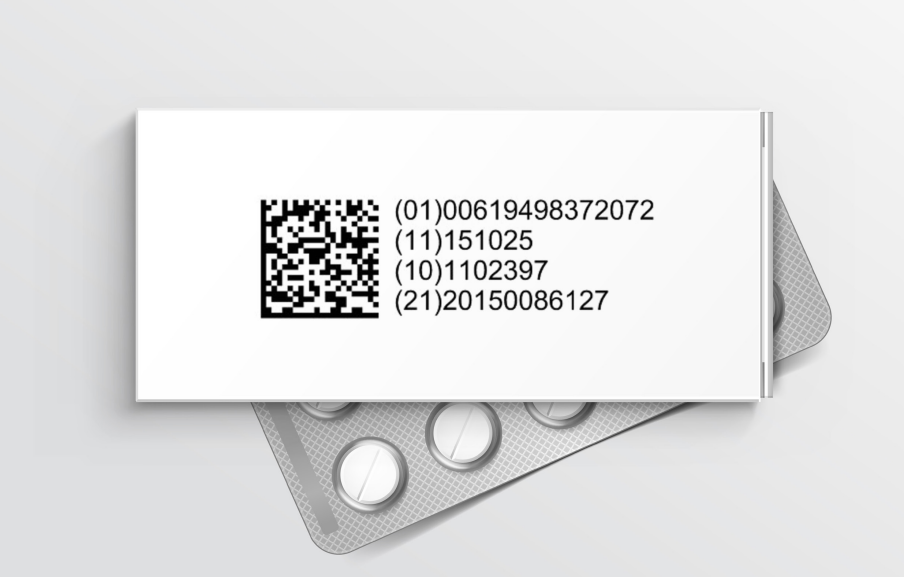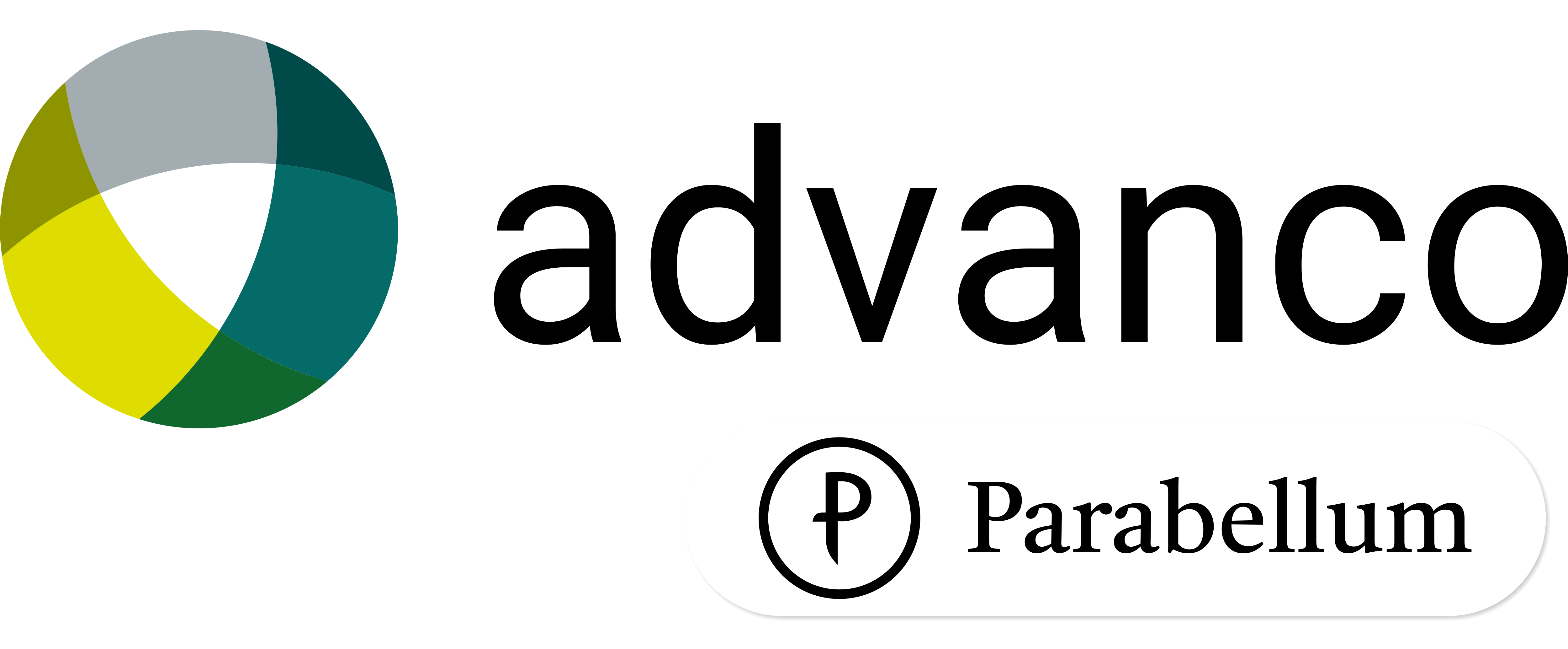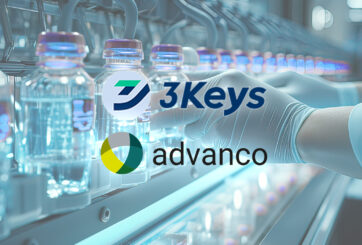What Makes GS1 Standards Essential for Track and Trace?
The pharmaceutical sector is one governed by some of the most complex regulatory requirements of any sector on the planet.

This is a fact that should be welcomed in the strongest possible way by the entire industry. One of the main pieces of legislation are the GS1 Global standards which identify, capture and share information about products, assets and locations. Using GS1 global standards in healthcare increases patient safety, drives supply chain efficiencies, and improves the traceability of medicines as important pieces of legislation.
Counterfeit drugs have become an increasing global threat over the last few decades and more and more regulatory authorities, including Argentina, Brazil, India, South Korea, Saudi Arabia and the EU, have adopted or will adopt requirements for the use of globally unique drug identifiers and serialisation in order to protect the supply chain and patients.
The Drug Quality and Security Act (DQSA) was signed into law on 27 November 2013. It outlines critical steps to build an electronic, interoperable system for identification and traceability of prescription drugs as they are distributed in the U.S.
The new law supersedes any states requirements. The requirements are phased in over a period of 10 years by providing a migratory path from lot traceability to serialisation to item-level traceability. The new system will enable verification of the legitimacy of the drug product identifier down to the package level, enhance detection and notification of illegitimate products in the drug supply chain and facilitate more efficient recalls.
What is GS1?
GS1 is an international standards development organisation with member organisations in 116 countries across the globe. It develops and maintains the GS1 Global Standards that has proven its robustness over the last 50+ years in different sectors worldwide.
In Healthcare, the global framework for identification and traceability is the use of GS1 DataMatrix encoding 4 data-attributes: GTIN (Global Trade Item Number), expiry date, batch/lot number and serial number. Reducing medication errors, preventing counterfeiting, saving costs, and increasing the Healthcare supply chain efficiency and transparency are some of the benefits using GS1 standards in healthcare.
How GS1 is transforming item level serialization within the pharmaceutical sector
At the very heart of GS1 standards relating to the pharmaceutical sector is the assignment of a unique Global Trade Item Number (GTIN) to each unit of medicine. In essence, it acts as a digital fingerprint for the product. Just as a fingerprint is unique to a human being, the GTIN number is unique to the product unit. This enables it to be tracked with complete precision through all points of the supply chain.
An important point of difference with GS1 standards is the absolute, targeted, specific nature of the GTIN number, capable of providing an accurate digital trail for each product’s journey from the manufacturer to the end consumer. This is different to generic barcodes, which might only identify a particular product type.
GS1 is therefore supporting the fight against the pharmaceutical forgers. A product’s authenticity can easily be verified by scanning the barcodes on the product itself, acting as a powerful weapon for pharmaceutical manufacturers to use as a way of enhancing their brand reputation and improving patient safety.
Further benefits of GS1 and pharmaceutical labelling requirements
There are numerous other benefits directly resulting from the use of GS1 standards in healthcare.
Accurate data is, of course, vital to allow manufacturers to make important decisions about the supply chain. GS1 standards enable this accuracy by automating the data capture process by scanning the information directly from the GS1 DataMatrix on the product into the master system.
GS1 standards also optimizes inventory management as it provides real-time data on the movement of the product. This enables real-time forecast to avoid over or under-producing/ordering of medicines, which reduces wastage and increases overall efficiency and profitability.
The clue is in the “Global Standards” name for another benefit. This simplifies the global trade arena significantly, ensuring interoperability, harmonisation, and accuracy right across all four corners of the planet. Advanco has always championed the need for cooperation within track and trace in the pharmaceutical sector, so against this background, we think such global standards are essential.
Advanco’s ARC Platform: Delivering GS1-compatible track and trace software.
Advanco’s ARC Platform has long been associated as the natural choice for pharmaceutical manufacturers committed to adhering to traceability in pharma requirements.
As a provider of serialization and track & trace solutions for life science, advanco takes the view that stringent regulatory requirements are the most powerful method the pharmaceutical sector has at its disposal to drive out those who make a living by forging medicines, and to stop these criminals in their tracks.
If you would like further information about our suite of ARC products or would like to discuss how we can partner with you please do get in touch.



